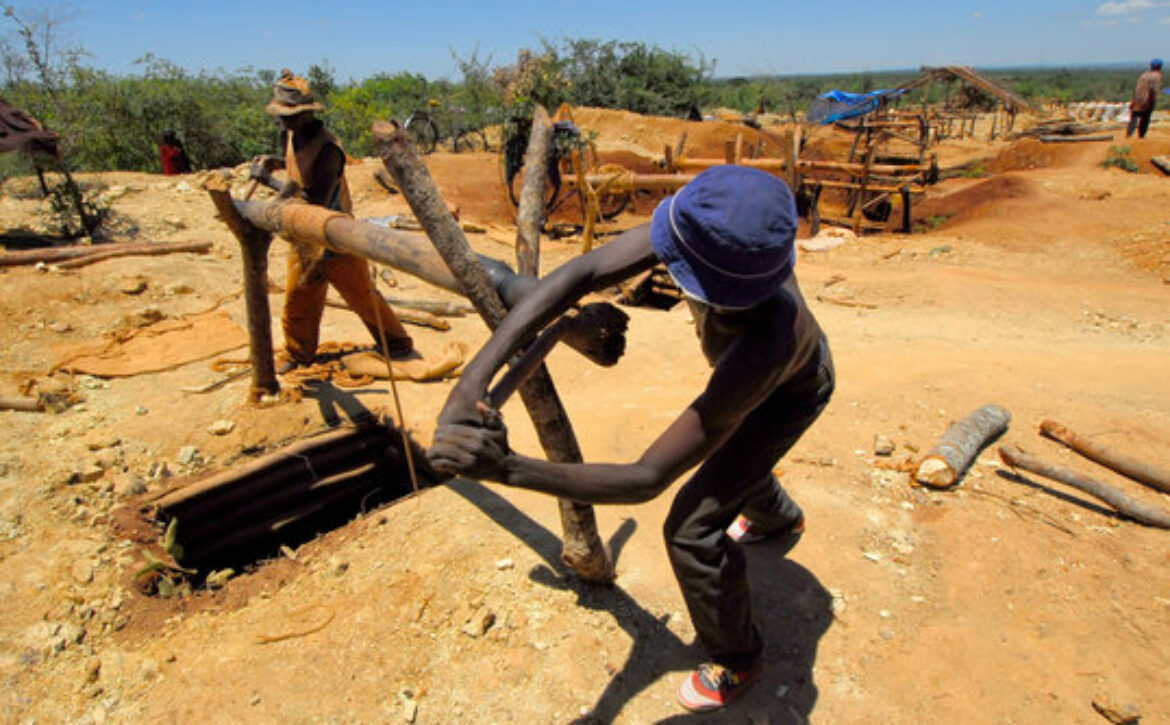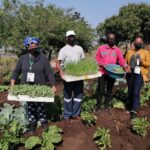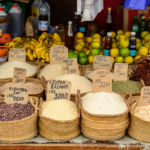Unclaimed Social Security Benefits and Impact of COVID-19 on Migrant Mine Workers

In the 16th installment, the conversation focused on the challenges of migrant mine workers during the pandemic, specifically their inability to claim owed social security benefits, and their existing comorbidities that expose them to higher risk of contracting COVID-19. The panelists included Naledi Monnakgosi, board secretary of the Botswana Labour Migrants Association, Vama Jele, co-ordinator of Southern Africa Mineworkers Association (SAMA), Kerrin Odendaal, Health Focus SA, Kitso Phiri, Independent Consultant in the field of Human Rights in the mining sector, facilitated by Christabel Phiri, of Southern Africa Trust.
Christabel gave a brief background of the various compensation and relief funds in South Africa, available to migrant mine workers who have contracted diseases or occupational injuries. Unclaimed benefits amount to approximately ZAR ten billion.
Kitso outlined the challenges posed to ex-miners, one of the major ones being the advent of technology, and the new processes required to access claims electronically. Government has not facilitated the process, in terms of support and infrastructure, thwarting the process.
From the fund side, Kerrin spoke of a project she has been involved in, creating a database of the miners, to facilitate payments from the various funds. Problems arise with missing or incomplete documentation, contact details that are not updated, and tracking and tracing the migrant workers.
From the miner’s perspective, Naledi shared their challenges: lack of money for food, homes, livestock, inability to work further due to age, illness, or injury. This also trickles down to the surviving family members of miners who have passed: children have not received adequate education, mothers cannot find work that supports their needs, widows struggle with grief and inability to earn, as well as receiving no support from their late husband’s families.
Vama explained the process that is in place to assist these stricken groups, from the eight member countries: South Africa, eSwatini, Malawi, Zimbabwe, Botswana, Lesotho, Mozambique, and Namibia. Associations exist in each of these countries to assist in claims, as well as advocating for rights. They also supply medical assistance to those suffering from occupational illnesses, like lung disease. Vama brought in COVID-19 and how the lockdown restrictions have prevented much of the face-to-face work they do. Using technology has been difficult, as it had not been implemented prior to the pandemic. A major stumbling block is that SAMA is not part of the decision-making process, when it comes to the claim and payment process, they can only implement according to the protocols.
Christabel spoke of an urgent need to review the current legislation around compensation and payments, discussing with the funds about what can be done with the unpaid monies. Issues around information and dissemination, a co-ordinated database that can be accessed by multiple funds, tax exemptions and cross-country money transfers are vital to facilitating the processes.
Discussing the landmark Silicosis settlement, Kitso mentioned the establishment of the Trust intended to organize payments, to gold miners employed by one of the six mining companies in the law suit, those exposed to risk work, within the periods of 1965-2019. This too, applies to dependents of late mine workers. Running for 12 years, the Trust hopes to distribute the funds fairly to those who qualify.
Closing thoughts on what is needed now:
- Naledi: income generating projects for widows and children.
- Kerrin: streamline the processes; reduce duplication of documents; use technology to track and trace.
- Kitso: a single legal/regulatory framework is needed that can be used by all the funds, regardless of which country the mine workers are from or have returned to – this will reduce the massive administration associated with claims.
- Vama: strengthen the partnerships between the various funds; build capacity within the mine associations using online solutions; advocate for and mobilize miners and their families; food security for suffering families who have been unable to claim, due to the pandemic.









